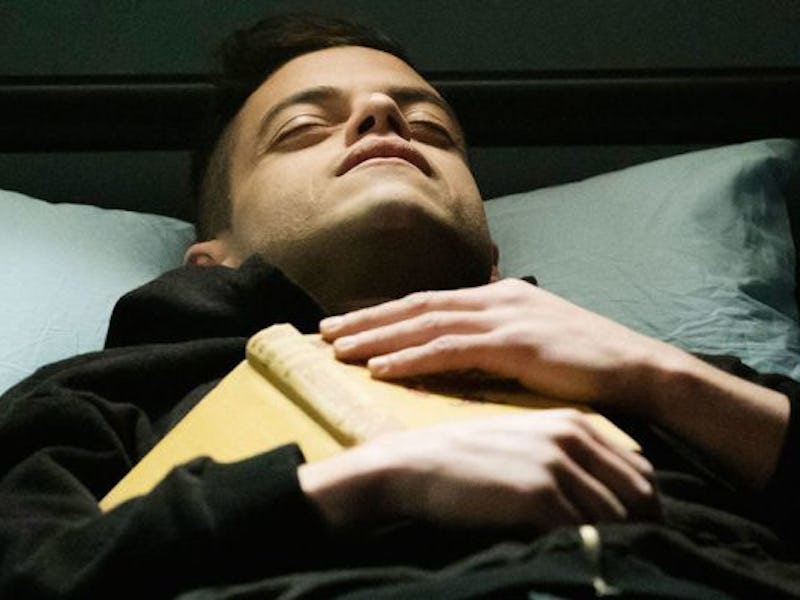For many millennials, waking up in the middle of the night means succumbing to the irresistible suck of social media. Anyone who’s spent the twilight hours scrolling endlessly through Facebook, Twitter, or Instagram knows that doing so isn’t exactly a good substitute for counting sheep, and on Wednesday, new research suggested another reason why it might just make your sleeplessness worse. You might be losing sleep because that all that scrolling is making you lonely.
Back in March, researchers reported that social media use among millennials is linked to feelings of loneliness, explaining that having all your friends and frenemies at your fingertips actually fosters feelings of isolation rather than connectedness. In that study, published in the American Journal of Preventive Medicine, millennials who used social media 58 times or more per week were three times more likely to feel socially isolated than those who only did nine times a week. Now, in an unrelated study, scientists report in the journal Psychological Medicine that loneliness takes its toll at night: In their survey of over 2,000 millennials, they found that lonely people were 24 percent more likely to feel tired and struggle to concentrate during the day.
“Feelings of loneliness were associated with worse overall sleep quality,” the authors wrote, adding that their findings underscore the importance of finding “early interventions to mitigate the long-term outcomes of loneliness.”
Loneliness disrupts sleep quality, perhaps because it activates the physiological stress response.
Rather than focus specifically on the effect of social media on sleep in particular, the new research took a broader view of the effect of loneliness on sleep altogether. To investigate, the King’s College London researchers sampled data from a study on English and Welsh twins, aged 18 or 19, so that they could control for the influence of genetics on sleep patterns. They looked, in particular, at the data on loneliness, in which the twins had to answer questions about how often they felt left out and alone.
Comparing this with additional data on the twins’ sleeping habits and sleep quality — as well as their ability to stay awake during the day — the researchers concluded that “loneliness is robustly associated with poorer sleep quality in young people.”
The most likely reason that loneliness disrupts sleep, the researchers write, is that it’s a form of biological stress. When the body’s stress response is activated, the body becomes physiologically aroused and releases more of the “stress hormone” cortisol — much as it does when it’s afraid or horny — and thereby disrupts sleep.
But what the issue of lonely, sleepless millennials comes down to, of course, is figuring out why they’re so lonely in the first place. Noting that, in the study, people who had been exposed to severe crime or sexual or violent abuse had a 70 percent stronger link between loneliness and sleep quality, they suggest that their sleeplessness comes down to the experience of feeling unsafe. Noting that humans are a social species that associates being “embedded” in a group with safety, they suggest that “the perception of being socially cut off gives rise to feelings of vulnerability.”
This sense of vulnerability isn’t easy to rectify, at least not these days. Unfortunately, it seems that modern socializing — that is, spending our time on social media — doesn’t have quite the same effect, leaving us lonely and sleepless when we expect to feel secure and well rested instead.
